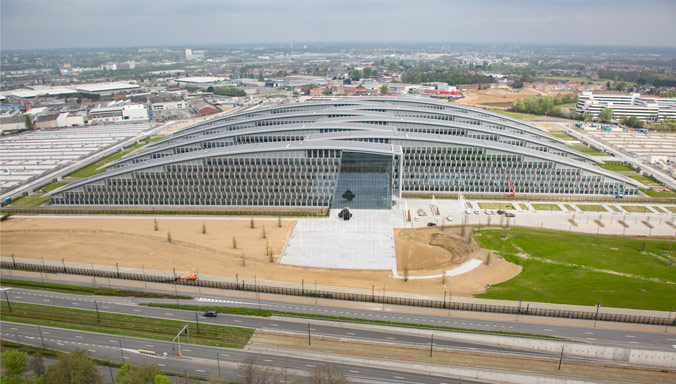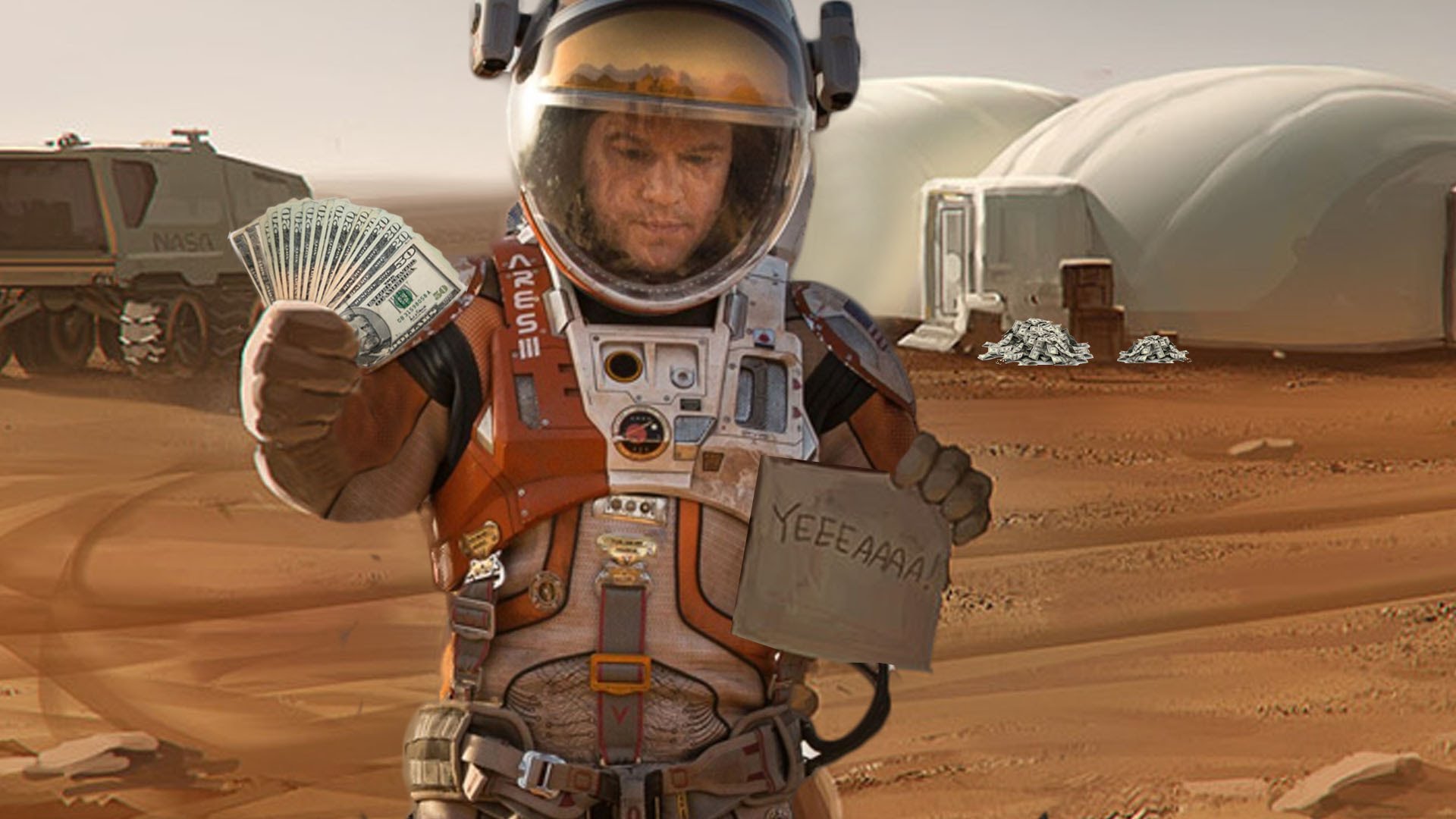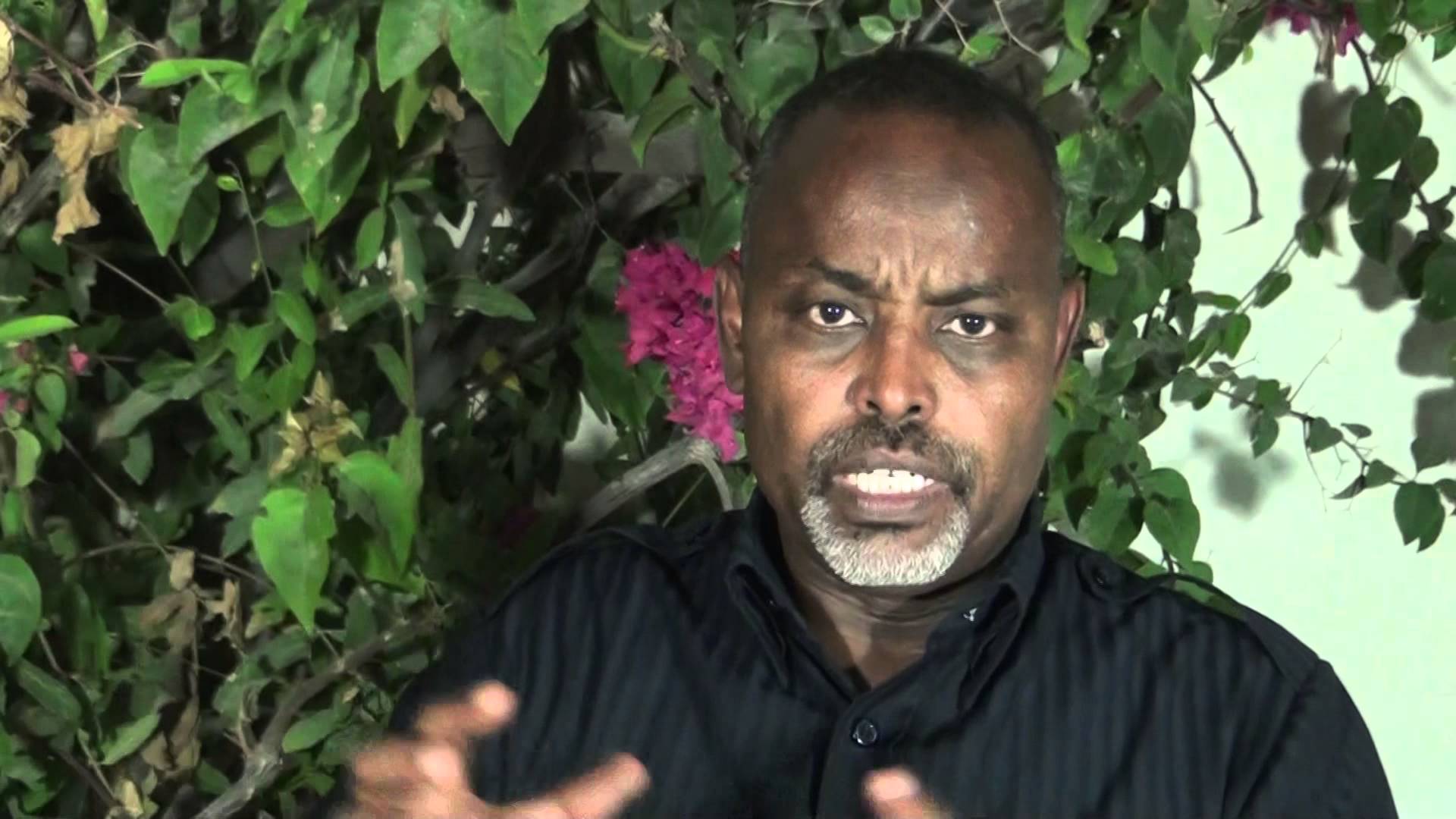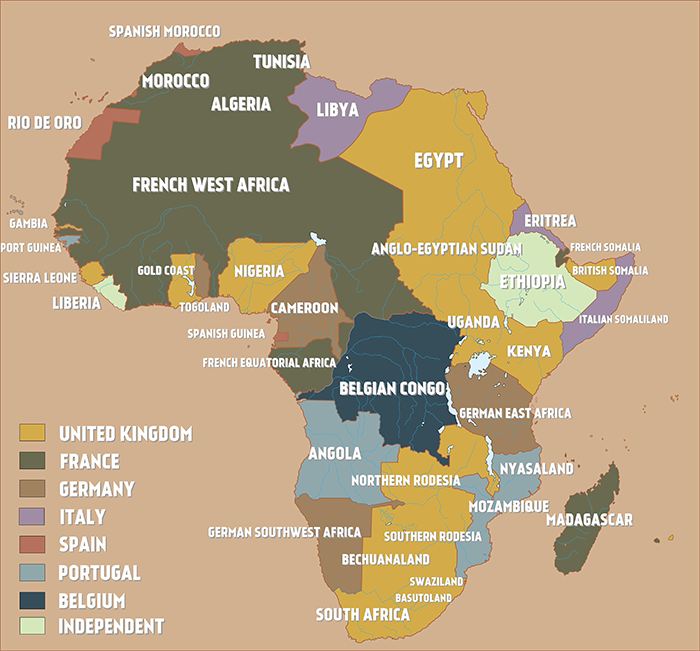 Balkans Post: What's up with NATO these days?
Balkans Post: What's up with NATO these days?In 2009, NATO celebrated its 60th anniversary. With its recent deluge of new member states, it needed more space and announced it would build a new HD across the street from the bunker-like 1950s original one.
It was supposed to open in 2015, but in a fitting metaphor for the troubled organization, it was discovered that the half billion euro project would cost twice that, and would not be finished till 2017. Just in time, as the new US president was toying with the idea of dispensing with what he has called an expensive, obsolete organization, even as it continues to expand, long after what many considered to be its expiry date.
So it was with a sigh of relief that the 28 European member heads of state welcomed the abrasive American leader in May 2017 for the dedication of the new HQ. Trump came, but took the opportunity to lecture his NATO allies for not spending enough for collective defence, and declined to endorse Article 5 of the alliance’s founding treaty, which states that an attack on any member is an attack on all. His subtext: Enough of pulling Euro irons out of fires.


 Watching the most recent Hollywood blockbuster, The Martian, I was struck by the political subtext. The great pioneer of outer space was the Soviet Union, and in those days, Hollywood followed the spirit of detente and cooperation in space with such uplifting films as Space Odyssey 2010 and the tv series Star Trek. Now the hostile Cold War has returned, and Hollywood mirrors this in what is otherwise a rather ordinary adventure film. The startling plot device is to point to China as the new partner in space, leaving the Russians pointedly out of the equation. Just imagining a Hollywood nod to Russia--the pioneer of outer space exploration and good will--is impossible given the crisis in international relations today.
Watching the most recent Hollywood blockbuster, The Martian, I was struck by the political subtext. The great pioneer of outer space was the Soviet Union, and in those days, Hollywood followed the spirit of detente and cooperation in space with such uplifting films as Space Odyssey 2010 and the tv series Star Trek. Now the hostile Cold War has returned, and Hollywood mirrors this in what is otherwise a rather ordinary adventure film. The startling plot device is to point to China as the new partner in space, leaving the Russians pointedly out of the equation. Just imagining a Hollywood nod to Russia--the pioneer of outer space exploration and good will--is impossible given the crisis in international relations today. US policy in Somalia, Ethiopia and Afghanistan from 1979 on helped reduce all three countries to failed states. It created massive refugee populations from all three. This was not intended nor foreseen, and has been a headache for the West ever since. Also unintended and unforeseen, this brought millions of Muslims to the West, undermining "Judeo-Christian civilization", which is really just a pseudonym for imperialism, with little sign of anything 'Jewish' or 'Christian'. These Muslims are by definition anti-imperialist and are forcing the West to deal with Islam, now an integral part of western society.
US policy in Somalia, Ethiopia and Afghanistan from 1979 on helped reduce all three countries to failed states. It created massive refugee populations from all three. This was not intended nor foreseen, and has been a headache for the West ever since. Also unintended and unforeseen, this brought millions of Muslims to the West, undermining "Judeo-Christian civilization", which is really just a pseudonym for imperialism, with little sign of anything 'Jewish' or 'Christian'. These Muslims are by definition anti-imperialist and are forcing the West to deal with Islam, now an integral part of western society.  In 2016, Somalia was declared the most fragile state in the world – worse off than Syria. Famine struck yet again in 2017, compounded by President Trump's attempt to ban Somalis from entering the US. But for the first time since the 1991, when Somalia collapsed along with its one-time ally the Soviet Union, Somalia now has functioning political institutions.
In 2016, Somalia was declared the most fragile state in the world – worse off than Syria. Famine struck yet again in 2017, compounded by President Trump's attempt to ban Somalis from entering the US. But for the first time since the 1991, when Somalia collapsed along with its one-time ally the Soviet Union, Somalia now has functioning political institutions. 



